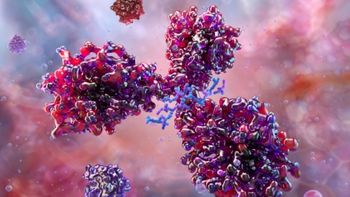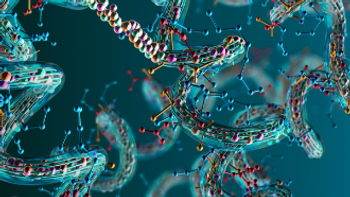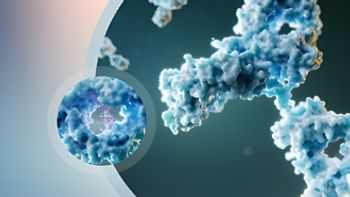
- BioPharm International-10-15-2018
- Volume 2018 eBook
- Issue 3
Complex Protein Studies Demand Dynamic Techniques
By adapting techniques from other sciences-and exploring better tools for biologics drug development-researchers are addressing challenges of protein characterization.
Proteins must be characterized at many phases of biopharmaceutical research, development, and manufacturing, each with differing demands and requirements. Instrument capabilities-and limitations-influence the speed and success of development efforts. Researchers from biopharma, contract service organizations, and academia face challenges of selecting and optimizing appropriate techniques for protein characterization needs.
Experts interviewed by BioPharm International shared similar concerns about the need to conduct complex protein characterization studies under the pressures of tight timelines and urgency to get new drug products to clinic and approval.
Read
Article Details
BioPharm International
eBook: Biopharma Laboratory Best Practices 2018
Vol. 31
October 2018
Pages: 18–21
Citation
When referring to this article, please cite it as R. Peters, "Complex Protein Studies Demand Dynamic Techniques," BioPharm International Biopharma Laboratory Best Practices eBook (October 2018).
Articles in this issue
over 7 years ago
An Analytical Approach to Biosimilar Drug Developmentover 7 years ago
Glycan Analysis Best Practicesover 7 years ago
Analytical Best Practices for Raw Materials Testingover 7 years ago
Best Practices in Analytical Method Development and TestingNewsletter
Stay at the forefront of biopharmaceutical innovation—subscribe to BioPharm International for expert insights on drug development, manufacturing, compliance, and more.




